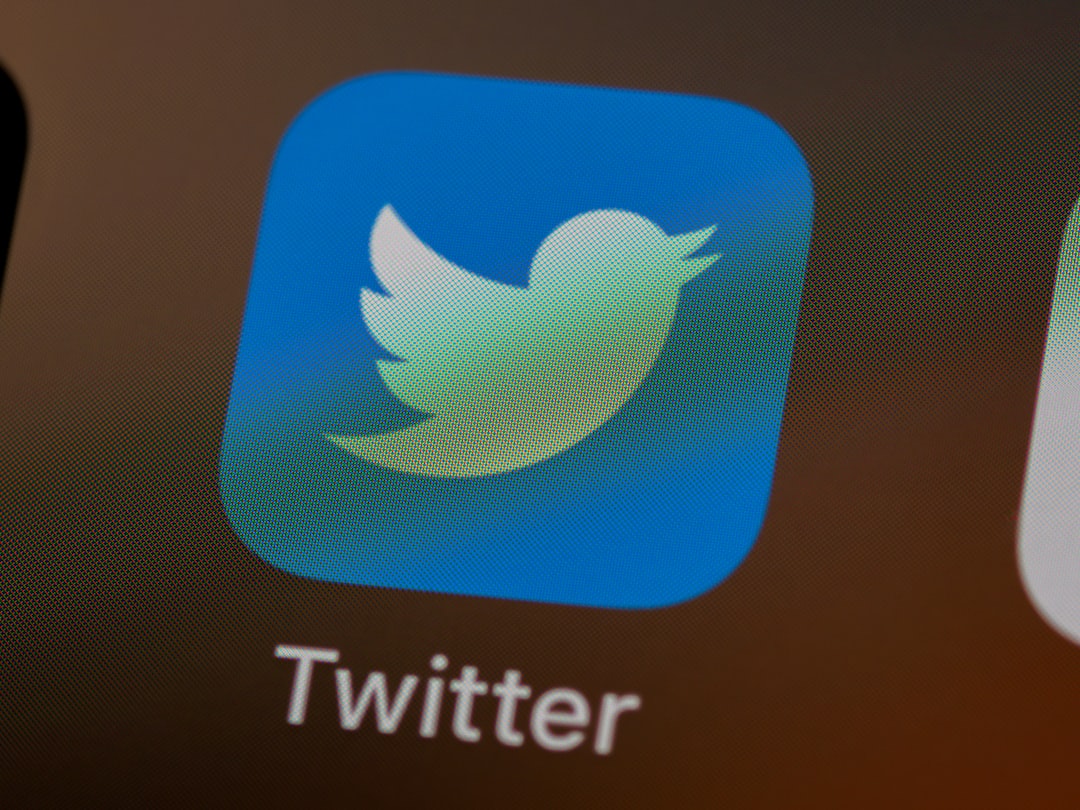Unless you live under a rock, you must have heard that Twitter was bought by Elon Musk. Musk is a controversial personality, as the richest person alive always is. His recent political comments, somewhat against the left in the US, have pushed him a little more on the edge — not to say he wasn’t already.
Twitter seems to be the cursed diamond of the tech industry. Its rocky journey is no secret, even before Musk took over. Even with a bumpy ride, the number of people tweeting has grown over the years. Twitter has become THE source of information for many. For example, journalists find Twitter to be useful to gather attention of their audience, and readers find the sources they trust. Journalists and their readers, however, are not the only two kinds on Twitter. Twitter is unique because you can reach the celebrities, directly. Celebrities reply to their followers all the time on there.
Even with the number of users growing each year, Twitter hasn’t been profitable. Musk, being a businessman, wants to turn this around and make the company profitable. There were two things that caught his attention, in my estimation, when he bought Twitter: Content-moderation and Profits.
Content-moderation is a problem for all social platforms. A platform can either delegate the responsibility to its users like Slack or Discord. Or a platform can decide to do it themselves like Facebook or Twitter. Or share responsibility like Reddit. As part of the content-moderation efforts, many platforms verify some accounts for their authenticity, which they display in their interface. For example, a blue-tick in Twitter or Instagram indicates that the account is verified. This avoids confusion between whether an account belonging to a celebrity (mostly) is genuine or impersonated. It is a win-win for the content-creators and their audience: content-creators are separated from other accounts trying to gain clout using their famous name(s); and the audience can identify their sources easily.
The other problem of profits, however, has been harder to crack for Twitter. The advertisers are willing to pay, but Twitter’s users are lesser than most other platforms. The company had released a set of features which could be accessed for a price paid monthly (Twitter Blue). Those features are great for power users, and paying isn’t a problem for a set of features, we do this for many software services. The company saw some revenue from this but not nearly as much as losses.
Musk, currently, has the idea of combining both the things: adding verification to the Twitter Blue service. In other words, people should pay to get verified, and keep paying to keep the blue-tick on their accounts. Soon after tweeting about the idea, Musk was offered more tweets. Stephen King, himself, tweeting that he won’t pay.

Musk responded with a counter proposal, which was insulting in my opinion.

Twitter cannot entirely rely on advertisers is a strange excuse for someone who believes in innovation. Twitter has the power to invent features that people will pay for even without the need to be verified. Additionally, Twitter had 80% reduction in losses in 2021 (without pay for verification system). I, without access to internal balance sheets, assume their are ways to go further in that direction and break-even.
The other concerns is that of Twitter bots: too many bots and spammers with blue-ticks. I understand Musk’s concerns about non-famous people being verified, which is frankly annoying. We go to the profiles after reading a tweet to check for the authenticity. This additional step would be there even without blue-ticks. However, the conclusion to make people pay for the blue-tick is inexplicable. Spammers make a lot of money, they can afford to pay the monthly fee. They have previously gotten through the verification process with success, who is to promise that they won’t do it again. Twitter should focus on modifying the verification process to eliminate bots/spammers, whether they charge $8 or not.
It is easy to assume that spammers or bot accounts have no incentive to pay for the blue-tick. However, they are capable of paying the cost, and with the money they make, they may pay it. It may reduce spammers/bots slightly, not significantly.
Regardless, of all that, verified accounts are the ones with the most audience. If you jeopardize them, instead of incentivising them, I don’t see if anyone wins at all.
Lastly, as Stephen King said: “It ain’t the money, it’s the principle of the thing”.



